
The Cultural Imperative
Global Trends in the 21st Century
Recommendation
Those who extrapolate trends and predict the future say that economic, political and even genetic factors will determine the future of the world. But, in fact, culture makes the world go around, according to Richard D. Lewis, a well-traveled scholar who reflects here on the origins and implications of human cultures. Culture has deep roots in history, religion and language, so it will probably be a more potent factor in shaping the future than many observers grant. Now it is fashionable to say that cultures are coalescing into one global culture. This author strenuously opposes that easy assumption. He also offers a deeper look at Islamic culture in a post-Sept. 11 addendum. Overall, his intriguing arguments might have been much more involving if a good editor had pared away some of his more facile references and observations. At times, the book seems to serve up a tad too many stereotypes and clichés. Yet getAbstract.com also finds that it offers some fascinating, thought-provoking suggestions, and recommends it for a rainy weekend at the beach or for airplane reading.
Summary
About the Author
Richard D. Lewis, knighted by President Ahtissari of Finland in 1997, is chairman of Richard Lewis Communications, author of the best-selling When Cultures Collide: Managing Successfully Across Cultures, former tutor to Empress Michiko of Japan, and a lecturer and consultant with a worldwide client roster.










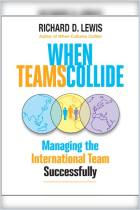
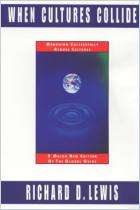
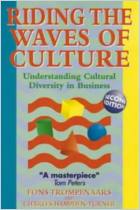
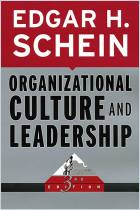
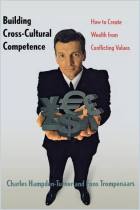

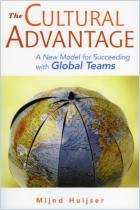








Comment on this summary or 开始讨论